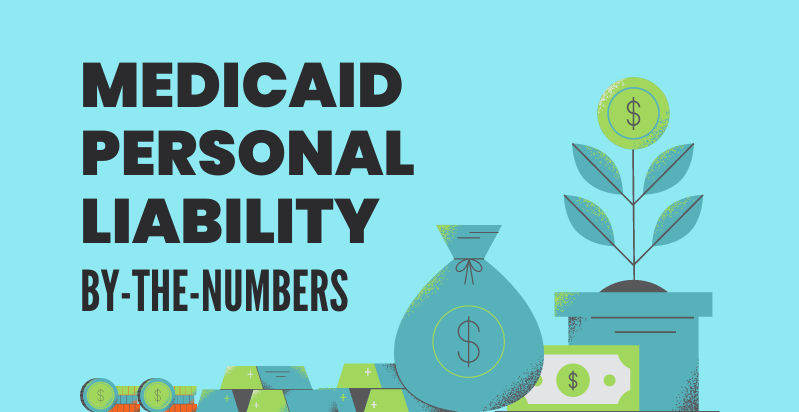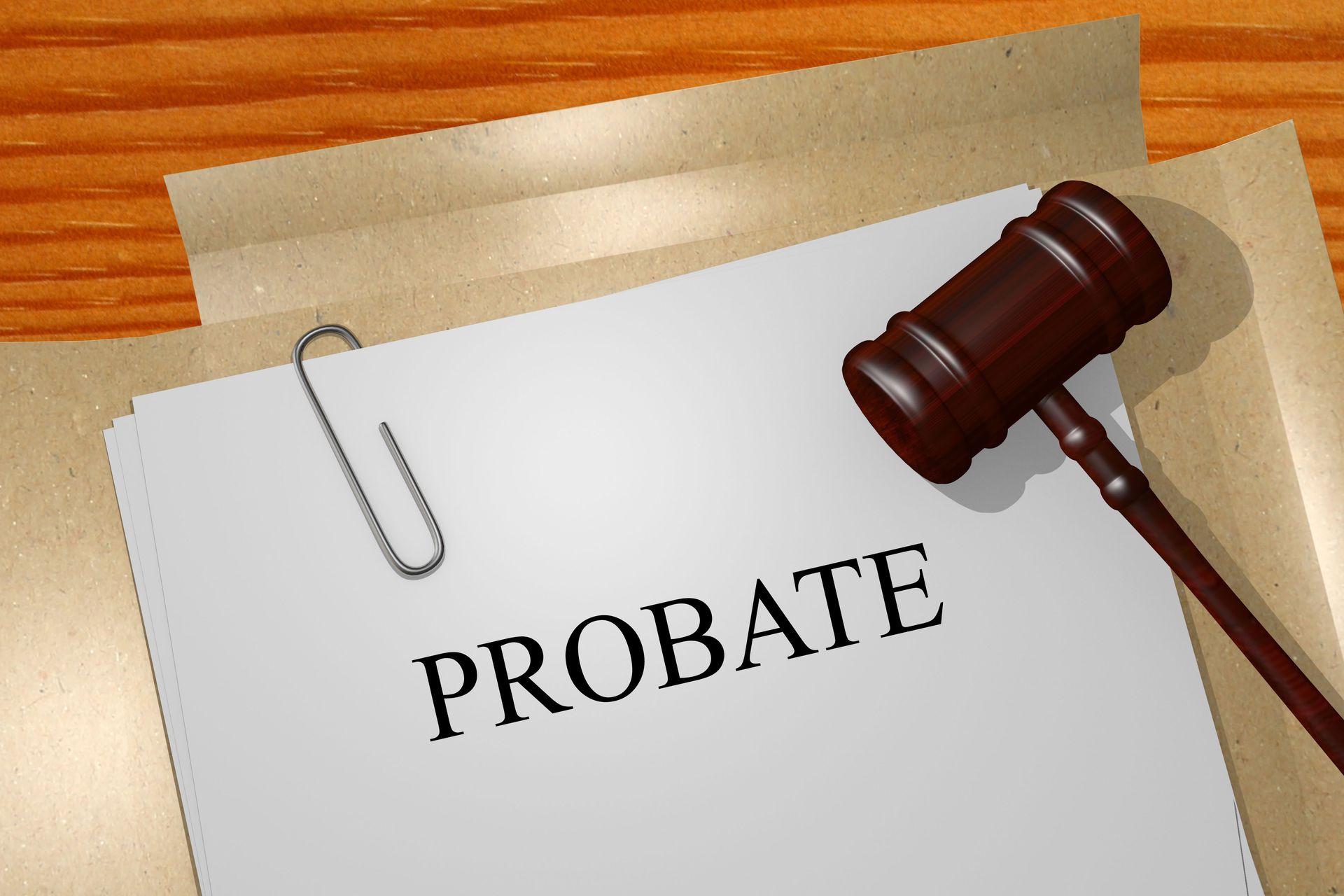Another Reason to Update Your Will: Digital Assets
Ensuring that your property is appropriately managed and disbursed upon your incapacity or death, is no longer limited to physical or financial property. Your estate plan now needs to include digital assets, the online accounts that are in your name, says the Journal of Financial Planning in the article “Don’t Forget Digital Assets in Estate Planning.”
If your Last Will and Testament haven’t been updated in the past few years, chances are good it has no provision for your digital assets. This could create a larger problem than you’d think. Bank accounts, investment accounts and small business records stored in the cloud may not be accessible to heirs. That doesn’t even include sentimental items: treasured photos and videos that never made it to paper or your computer’s hard drive.
Accounting for every single bit of data may be impossible for your heirs to recreate, unless you provide them with a complete list of all online assets. However, that’s just for starters. With federal privacy laws, most Internet companies will not be able to assure that your heirs can access these accounts, unless arrangements have been made in advance.
This is a problem with a solution. However, it will take some work.
First, make sure your Last Will and Testament is up to date and includes information about providing access to your digital assets to your heirs. Do not put your passwords and user names into the Last Will and Testament—remember, it becomes a public document at probate and you don’t want to give that information to the world at large!
Next, make a list of all online accounts. It will need to be thorough. You might start by going through sites you have bookmarked, because you use them often. Email updates from sites you subscribe to provide more information. A spreadsheet might be the easiest way to manage this data but there are also apps to assist.
Look at every account to find out what their rules are, after the owner’s death or incapacity. Each platform has its own rules. Facebook lets an immediate family member or personal administrator close the account or “memorialize” it. Someone must be identified as a “legacy” contact, who can post an obituary on the Facebook timeline, archive photos and eventually close the account. Google also has an “inactive account manager” feature. Each platform has its own rules. You’ll need to review them and act as directed.
Bear in mind that some platforms will delete the accounts, if they are inactive over a certain period of time. That could mean losing business emails and many family businesses rely on one person’s email account.
Resource: Journal of Financial Planning (April 2018) “Don’t Forget Digital Assets in Estate Planning.”


Marietta, GA
Woodstock, GA
2230 Towne Lake Pkwy
Building 1200, Suite 120
Woodstock, GA 30189
BUSINESS HOURS
Monday to Friday
8:30am - 12:00pm
Closed for lunch
1:00pm - 4:30pm
Closed Saturday, Sunday
GET OUR NEWSLETTER
We believe that smart decisions begin with accurate information. Sign up for our monthly newsletter and get advice on how to secure your financial legacy.
Elder Care and Estate Planning Tips, Advice & Resources. Sign up now.
Get Our Newsletter Form
We will get back to you as soon as possible.
Please try again later.













